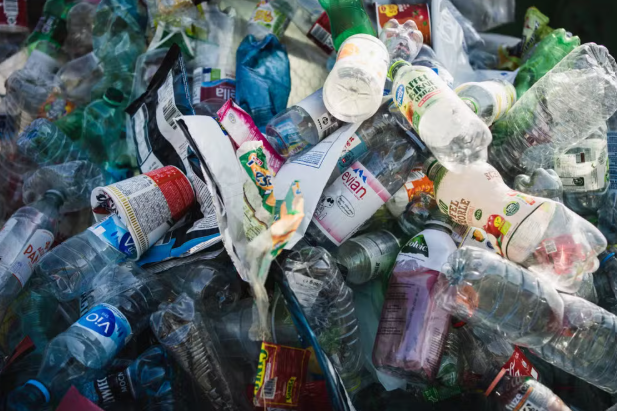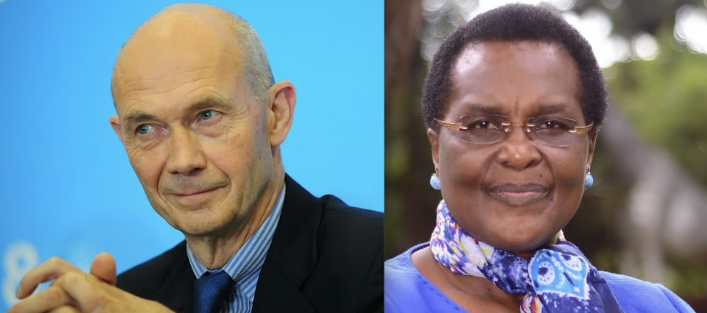The 185 countries gathered in Geneva, Switzerland, failed to agree on a binding text to combat plastic pollution. According to Manon Richert, spokesperson for the NGO Zero Waste France, a handful of oil-producing states blocked any meaningful action during the summit.
There will be no treaty against plastic pollution in Geneva: ten days of tense diplomatic negotiations ended at dawn on Friday, August 15, with a bitter failure for both diplomacy and the environment. Delegation leaders, meeting in an extraordinary early-morning session, were unable to agree on a final version of the text.
Throughout the process, two apparently irreconcilable camps clashed: the “ambitious” countries—including the European Union, Canada, Australia, many Latin American, African, and island nations—wanted to reduce global plastic production and regulate the most hazardous molecules for human health in order to curb pollution. Opposing them, primarily oil-producing countries refused any constraints on hydrocarbon production (the foundation of the plastics industry) or bans on dangerous molecules and additives.
Manon Richert, spokesperson for Zero Waste France and present at the Geneva negotiations, lamented that “a few petro-states” prevented any effective action at the summit.
Is this a defeat for the environment?
It’s not so much the absence of a treaty that constitutes a defeat, but rather the draft texts that were presented during the negotiations. None of them would have actually solved the plastic crisis. The latest proposal, for example, relied on voluntary measures, omitted any objective of reducing production, and offered no real prospects for monitoring or improvement in the future.
This is particularly alarming given that more plastic has been produced since the year 2000 than in the previous fifty years combined. The trend is accelerating: if nothing changes, current production—already nearly 500 million tons per year—could triple by 2060 [according to OECD projections]. And today, only 10% of plastics are recycled—27% in France, even though collection there is relatively efficient.
Why did the negotiations fail?
It’s worth remembering that international negotiations are always long, and those on plastic pollution only began just over two years ago. By comparison, it took 21 COPs before a meaningful climate agreement was reached. While multilateralism is essential for progress, we regret the lack of transparency and democracy in the negotiation process. Most meetings were closed to civil society observers, such as NGOs and scientists. That is a real setback.
It should also be noted that many countries—including France—took a highly ambitious stance. But the problem is that a handful of petro-states, including the United States and Russia, driven by financial interests, continuously used delay tactics. These countries defend oil production—and therefore plastic, since oil is its raw material. They did everything possible to derail progress, as clearly demonstrated during this round of talks. And in the end, they succeeded, given the watered-down texts that were presented.
What’s next?
That is the big question: what happens now? Discussions will continue, and from our side, we are demanding a binding target to reduce plastic production, as well as restrictions or bans on non-essential, hazardous plastics or those containing toxic chemical additives.
Furthermore, countries that showed ambition in Geneva must adopt binding national regulations. The European Union could play a leading role, and new regulations are expected—though the most recent packaging law was weakened by lobbying and therefore remains insufficient. In any case, it is urgent to put this issue back on the table.




